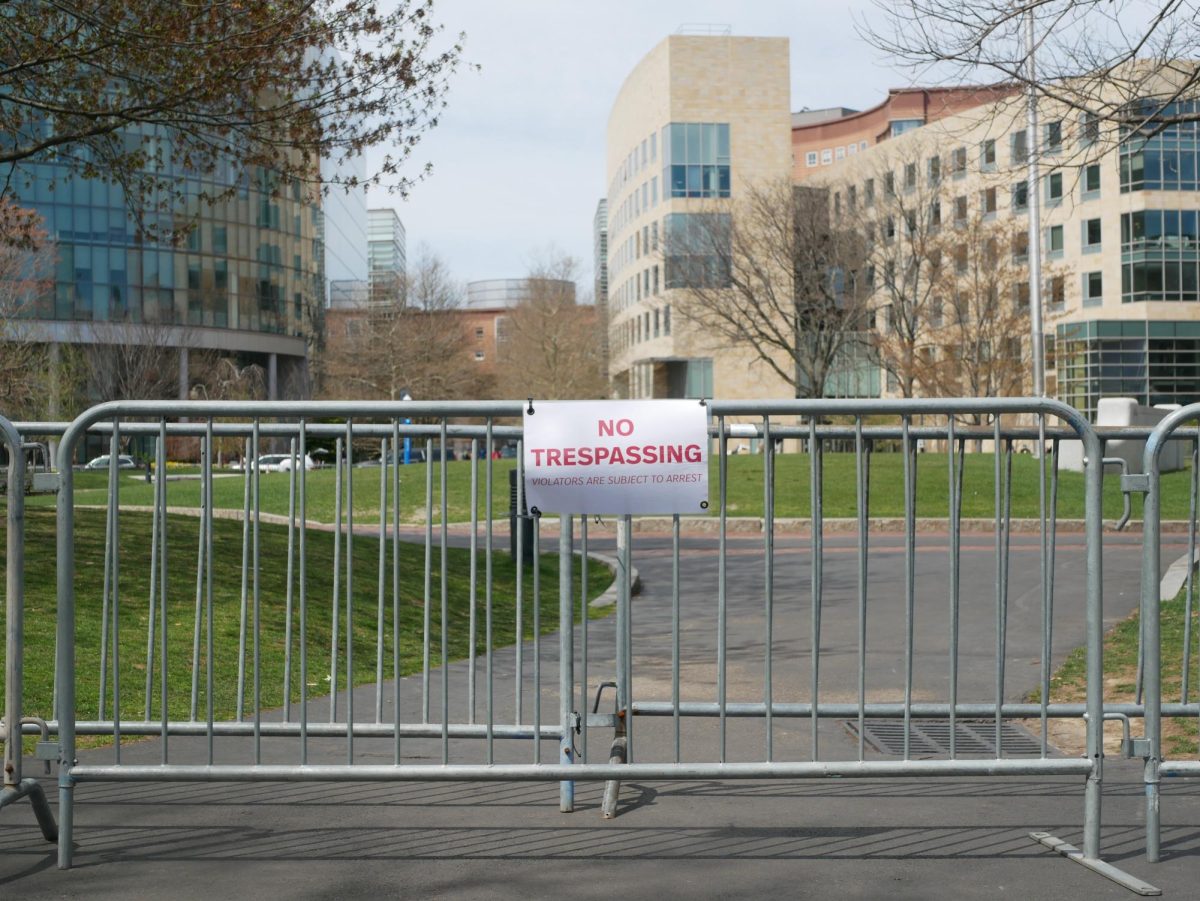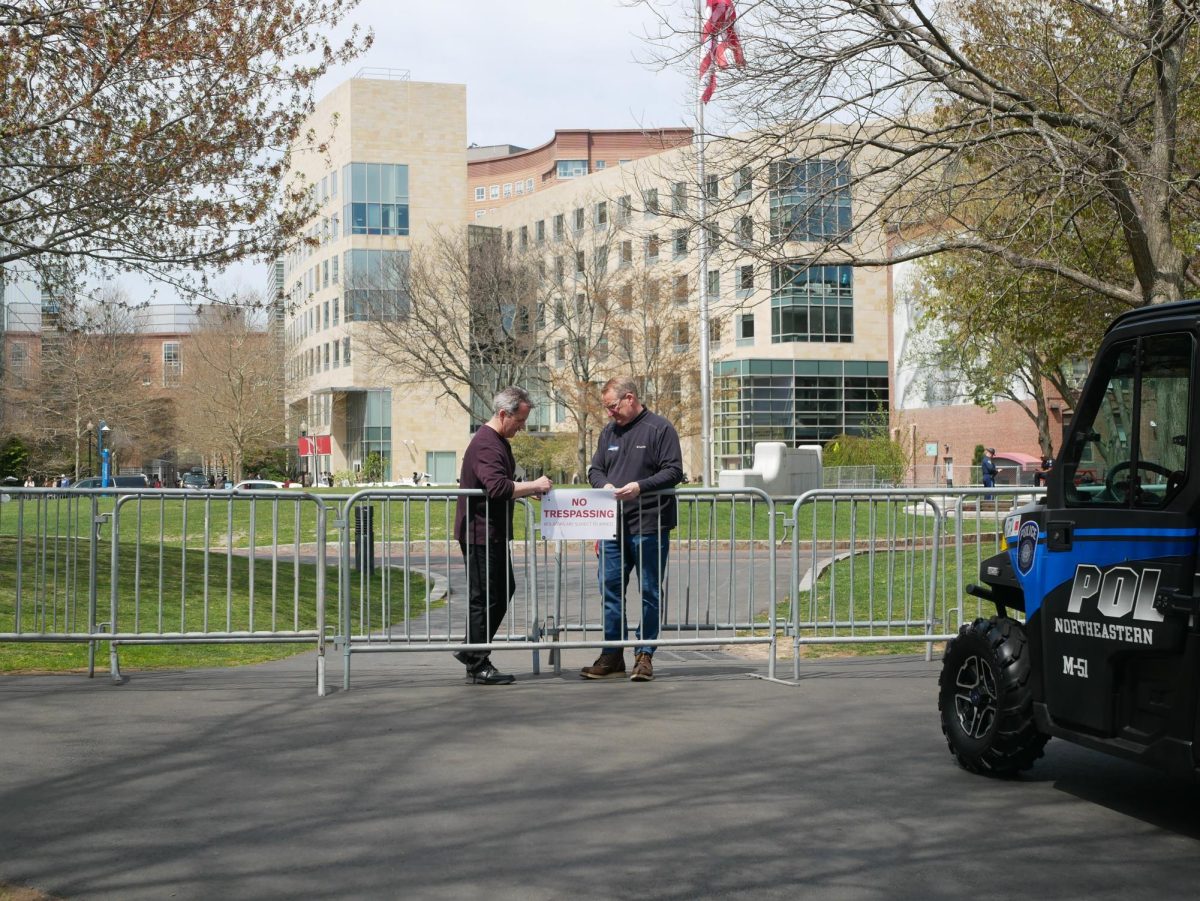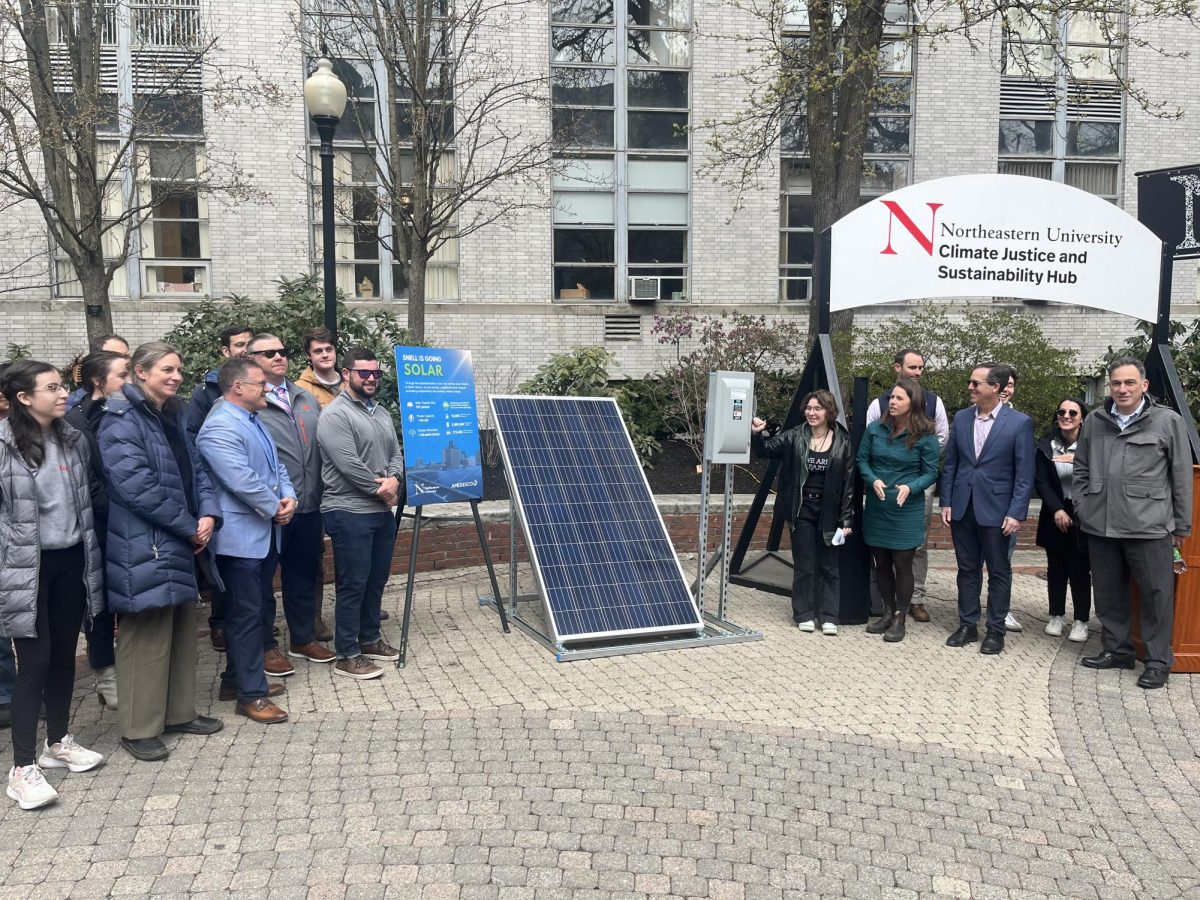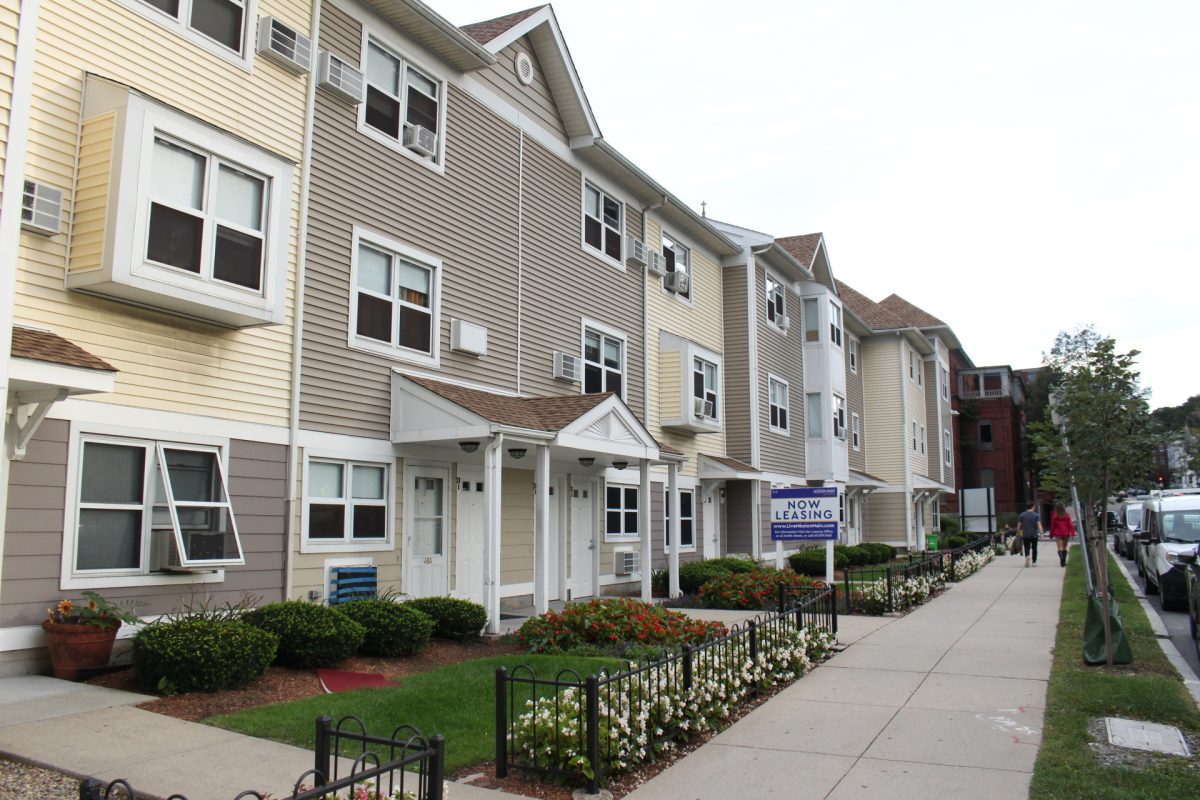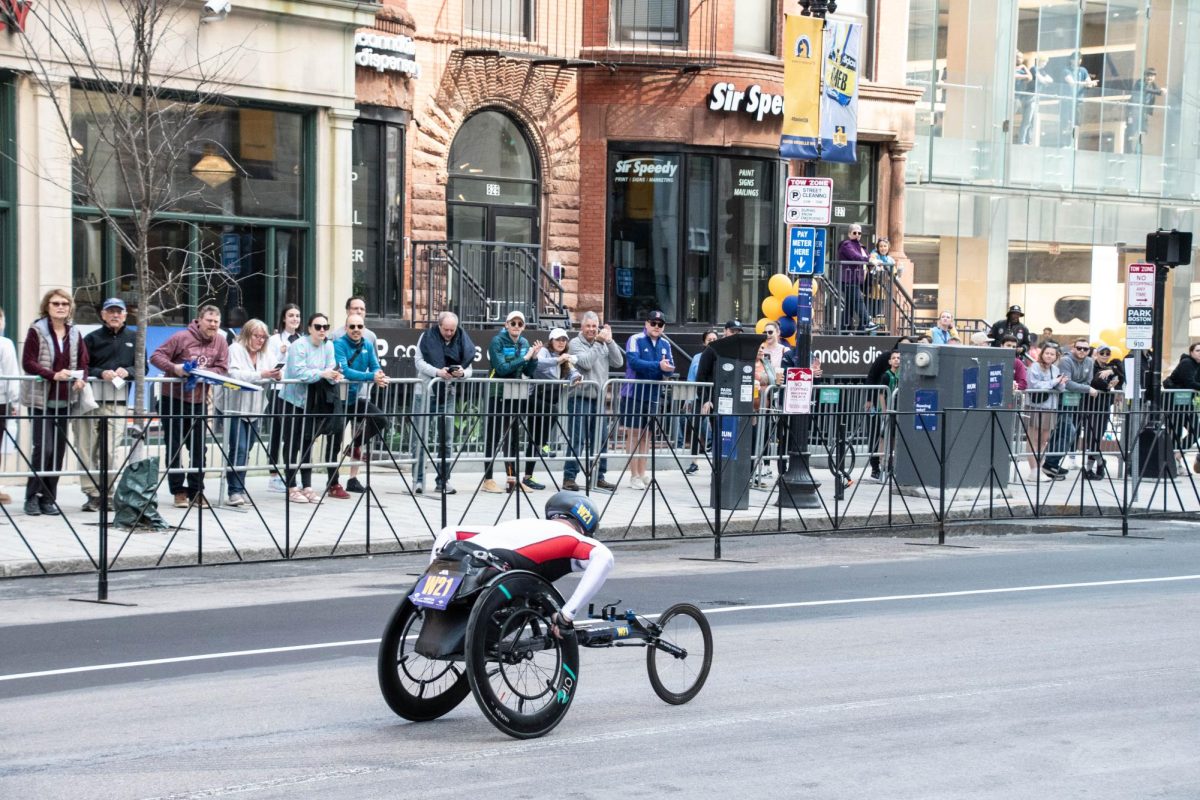By Emma McGrath, News Correspondent
The Boston Police Department (BPD) has been conducting unlawful surveillance on peaceful protesters, according to a report from a civil liberties group.
“Policing Dissent,” a recent study by the American Civil Liberties Union of Massachusetts (ACLUM) and the National Lawyers Guild, Massachusetts Chapter (NLG) alleges that BPD and its fusion center, the Boston Regional Intelligence Center (BRIC), illegally gathered information about local activists.
According to documents obtained from BPD, surveillance included videotaping public demonstrations followed by the creation of “intelligence reports” on the political activity of local activists and peace groups. The reports in question listed nonviolent, peaceful actions under the heading, “Criminal Act,” with labels like “Extremist,” and “Civil Disturbance,” when, in nine out of the 13 cases, the activity being monitored was not criminal, but political in nature.
The creation of such reports is prohibited by the Code of Federal Regulations (CFR), which provides that federally-funded surveillance projects may only collect and maintain information on individuals if there is reasonable suspicion of involvement in criminal conduct or activity.
While BRIC guidelines state that officers may create “interim reports” about anticipated events with potential for criminal conduct, the reports must be destroyed within 90 days if no such conduct occurs. In several cases, the reports remained on file, dating as far back as 2007.
The reports were released by BPD this month following a lawsuit filed by the ACLUM and NLG. Laura Rótolo, staff counsel at the ACLUM, said it all began after the organization received requests from activists and groups wanting to know more about BPD’s collection and sharing of information.
Four activists, Rótolo said, sought the ACLUM’s help after being interrogated by BPD following their arrest at an event. Several peace groups, including Code Pink and Greater Boston Stop the Wars Coalition, requested to see BPD’s records after repeated BPD appearances at their gatherings.
BPD, she said, responded to records requests by denying they had kept any – a claim that documents later revealed was untrue.
“It turns out they did have an intelligence report on the interrogation of the four activists. There were intelligence reports about our peace groups,” she said.
Rótolo said although the ACLUM was aware that BPD monitored protests, it was surprised to discover the full extent of police surveillance.
“We didn’t know there was such a thing as an intelligence report. We didn’t even know those existed,” she said. “We were totally surprised that they were keeping these and that they were talking about [our clients] in the way that they did, calling them ‘extremists’ and ‘security threats.’”
After attempts by The News to arrange an interview, BPD declined to comment.
On Oct. 17, in response to the report, BPD released a statement, noting that it was “not intended as a direct response to all of the issues mentioned in the letter but [did] address some more immediate misconceptions.”
In the statement, BPD attributed some of the findings to an “error in the computer software,” saying it “failed to flag the reports to be deleted,” referring to the 90-day purge rule that went unheeded. BPD noted that it “holds itself to the highest standards and practices in [its] intelligence gathering.”
Rótolo said she was less than satisfied by the response.
“I understand that some of the files were kept longer than they should have been, but the computer doesn’t make officers go out and [put surveillance on] people when they shouldn’t be,” she said. “Their own rules say, ‘We don’t create or keep information on anything that doesn’t have a link to criminal activity.’ If you read the report, there’s clearly no link. I would invite them to tell us what the link is.”
The reports in question were filed at BRIC, an intra-agency group designed to facilitate information sharing between various levels of U.S. government, otherwise known as a fusion center.
Fusion centers such as BRIC, largely created post-9/11 under the U.S. Department of Homeland Security, receive millions of dollars in federal funding, despite producing routinely poor results, according to reports from the Homeland Security & Governmental Affairs Permanent Subcommittee on Investigations. The bipartisan U.S. Senate subcommittee report found that they “forwarded ‘intelligence’ of uneven quality – often times shoddy, rarely timely, sometimes endangering citizens’ civil liberties and Privacy Act protections … and more often than not, unrelated to terrorism,” according to reports from the subcommittee.
Such findings, Rótolo said, are evidence that the value of fusion centers is worth revisiting.
“You can certainly see that they’re not working the way they’re meant to be working,” she said. “And in fact, they’re actually harming real investigations, and they’re chilling free speech.”
Greg Kerr, president of Young Americans for Liberty (YAL) at Northeastern and a senior computer science major, said he was disturbed by the findings on both a conceptual and a personal level.
“I find it very concerning, because I’m very vocal about my views. I advocate my views a lot, but I also advocate peaceful change. All I’m doing is going out and trying to change the way people think about things, and I don’t really want the government lumping me in with some extremist group of potential terrorists.”
Rótolo said fear of surveillance poses a serious problem for protest movements.
“People are scared to go out on the streets. People don’t want to be surveilled. They don’t want to wind up in an intelligence report,” she said, “So it really has had a chilling impact on people who would otherwise be out on the streets, registering their opinion publicly, and now don’t want to do that because they know the police are watching.”
Kerr said that BPD’s actions could result in the unfair categorization of innocent protesters as threats to national security.
“You’re going out, being vocal, working hard to protect the values that are important to you, and you wind up in a folder in some government database of people associated with extremist groups,” he said.
Kerr further condemned the actions of BPD and BRIC, and said that previous terrorist attacks on the United States are partially to blame for unlawful surveillance.
“We think it’s deplorable,” he said. “The notion that the police are spying and infiltrating on protest groups with no indication of any criminal activity is ridiculous, and unfortunately, this has become the de facto standard post-9/11.”
Unlike Rótolo, Kerr was unsurprised by the findings.
“I go to a lot of protests. I always see the Boston police around. When I was at Occupy [Boston], I heard a group of Boston police officers talking to one of their under-covers about where he was going to go and what he was going to do.”
Rótolo said that justification of funding could be a possible reason for BPD’s actions, and that these intelligence reports are probably not isolated incidents.
She said that, moving forward, the ACLUM will press the legislature to create rules and systems of accountability for fusion centers like BRIC. She hopes protesters, rather than being discouraged or frightened by the findings, will use it as fuel for more protest.
“I think we can show that Boston is historically and presently an area of vibrant public debate and vibrant protest activity,” Rótolo said. “I think we need to continue with that tradition.”



